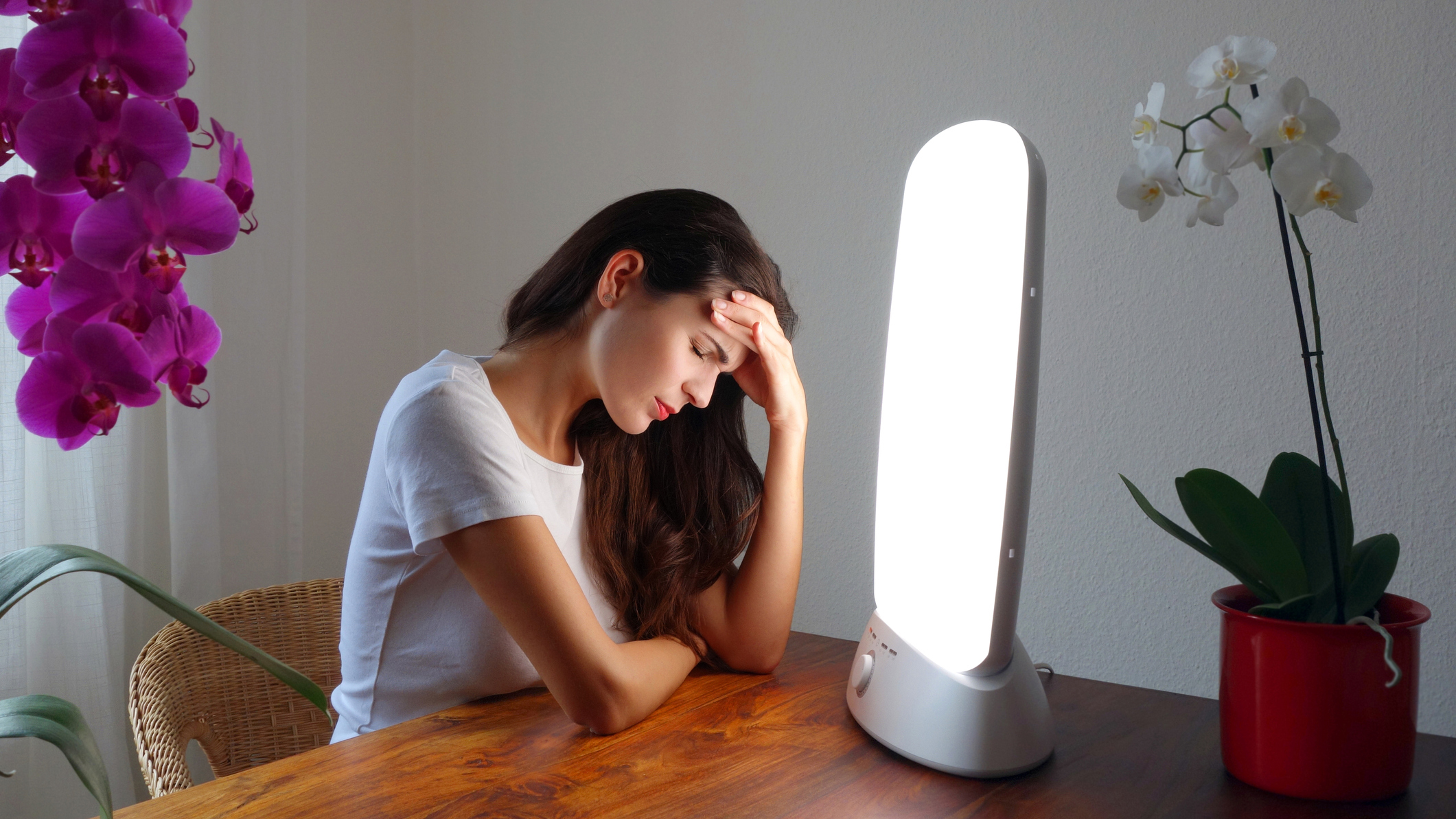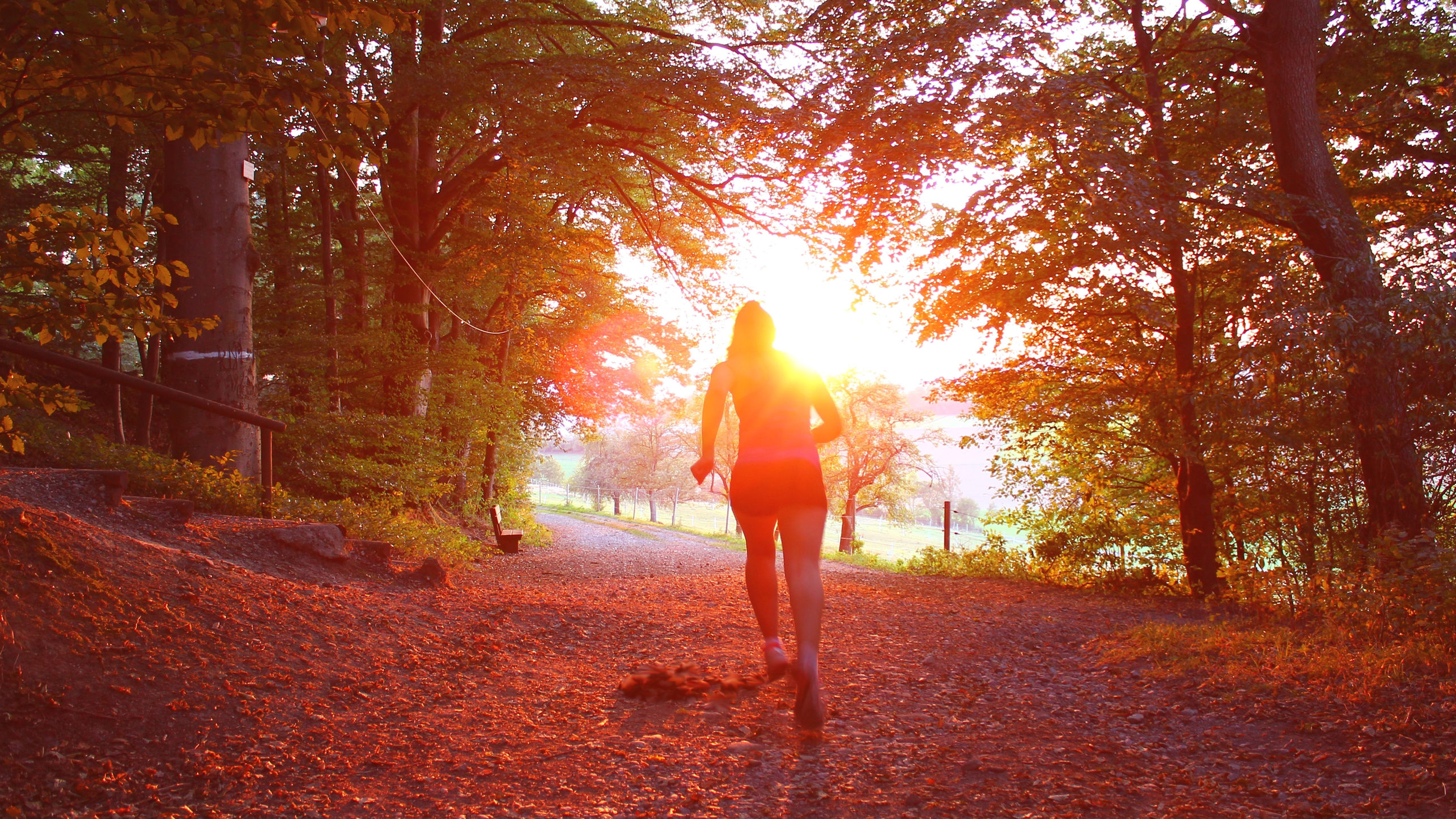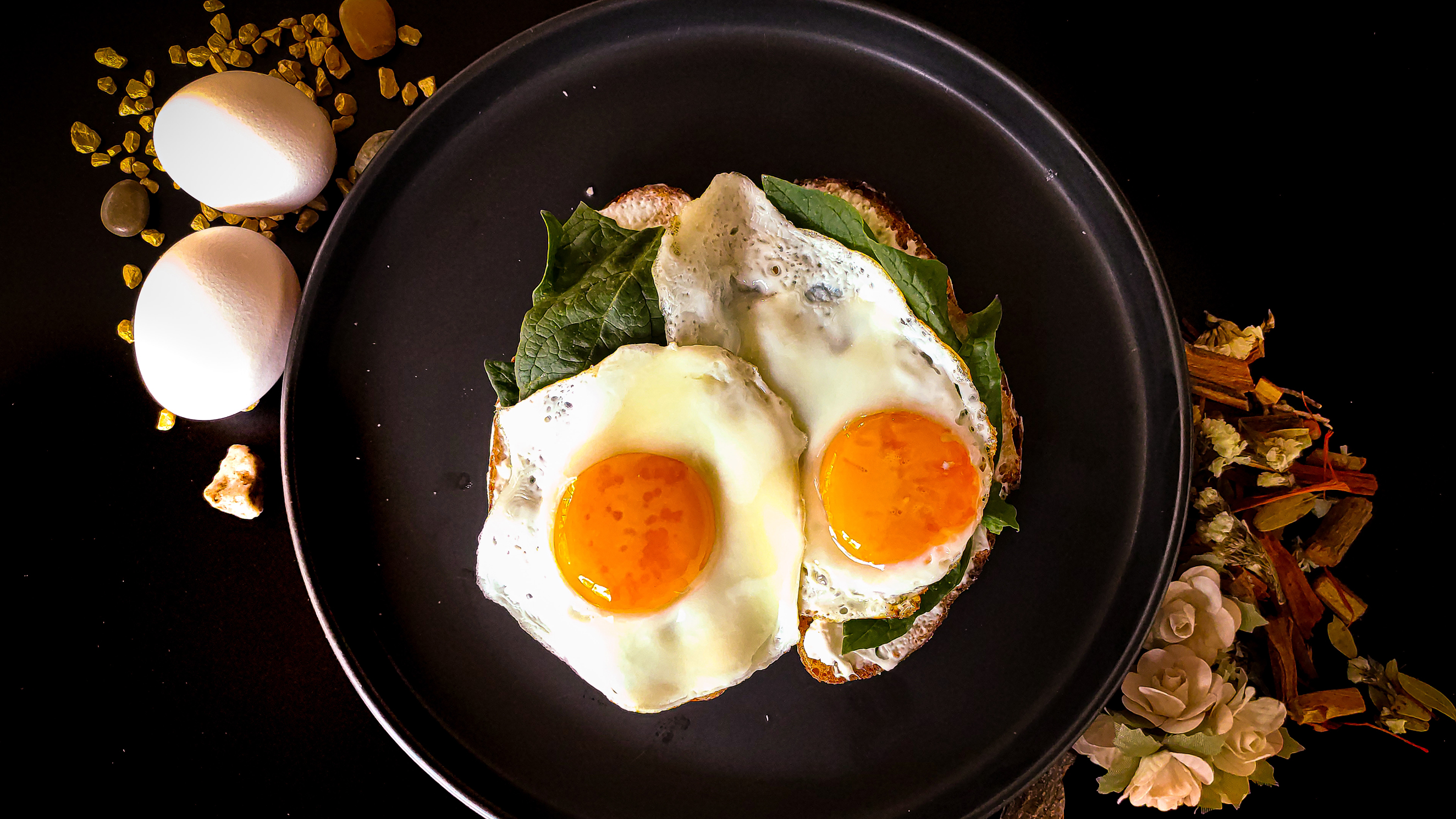6 ways to tackle Seasonal Affective Disorder: vitamin D, light lamps & more
Seasonal affective disorder can seriously impact our mood. We look at a few ways you can reduce the impact of SAD

Shorter, colder days can lower everyone’s mood. But for those who experience Seasonal Affective Disorder, the impact of autumn and winter is much bigger. They experience annual episodes of depression, recovering or even experiencing hypomanic or manic episodes in the spring or summer.
If you’ve been diagnosed with SAD or just struggle with your mood at this time of year, there are several lifestyle changes and treatment options you can try. Bright light therapy (and by extension, the best SAD lamps you can use at home) is helpful to some, and physical activity, a healthy diet, and some supplements have been shown to help people feel less affected by the disorder.
What is Seasonal Affective Disorder?
“Seasonal Affective Disorder (SAD) is a type of depression experienced in certain seasons,” says Rosie Weatherley, Information Content Manager at mental health charity Mind.
“There is a difference between feeling down because of the weather and experiencing Seasonal Affective Disorder (SAD). Many people are affected by changes in seasons. For example, we might feel more cheerful and energetic when the sun is shining and the days are longer. And we might eat more and sleep longer in winter.”
“If you have SAD, the change in seasons has a much greater effect on mood and energy levels, leading to symptoms of depression that have a significant impact on day-to-day life.”
Six ways to reduce the impact of SAD
1. Speak to your doctor
Before we delve into our lifestyle tips, it’s important to note that these are unlikely to eliminate SAD entirely. It’s very important to speak to your doctor if you are experiencing depression or anxiety at any time.
“Talk to your doctor if you’ve noticed changes to your feelings, thoughts and behaviour that last longer than two weeks or keep returning,” Rosie advises.
Start your week with achievable workout ideas, health tips and wellbeing advice in your inbox.
“Your doctor should be able to tell you what help and support is available. If appropriate, they may refer you for talking treatments - such as counselling or cognitive behavioural therapy - which can be very useful. Antidepressants may be prescribed if you have severe SAD.”
2. Bright light therapy
According to a study by Neuropsychobiology, bright light therapy has been shown to help people manage symptoms of SAD and even non-seasonal types of depression (often alongside other treatments).
It's important to get good lighting at home in general (especially in the office, where it's best to make use of one of our best desk lamps) but you can use a specialist SAD lamp to simulate the mood-boosting properties of sunshine. It’s thought these lamps or light boxes encourage your brain to reduce the production of melatonin – a hormone which makes you tired and is linked to depression – and increase the production of serotonin – the hormone that affects happiness.

3. Get some sunshine
Of course, if you can get outside, natural sunlight is the best medicine, notes a study by the Journal of Effective Disorders.
Rosie agrees. “Going for walks, particularly around midday or on bright days, even if it’s just taking a short stroll at lunch, can be effective in reducing symptoms.”
4. Do more exercise
In fact, doing more exercise in general is a great way to boost your mood at this time of year.
“While you may not feel like it during the winter, physical activity can be very effective in lifting your mood and increasing your energy levels,” Rosie says. “Research shows that outdoor exercise, such as cycling or jogging, can be as effective as antidepressants in treating mild to moderate depression.” You might need a pair of our best workout leggings if you're heading out into the cold, however.
If you’re unable to get out and exercise during the daylight hours, or prefer to exercise indoors or at the gym, don’t worry. Any exercise can reduce symptoms, and there is some evidence (according to a study by the Journal of Clinical Psychiatry) that combining exercise and light therapy helps.

5. Eat a balanced diet
“A healthy balanced diet is as important for your mental health as your physical health,” says Rosie.
“As tempting as it is to reach for comfort foods to cheer you up, eating lots of foods high in fat and carbohydrate can often cause blood sugar levels to crash, resulting in sluggishness.”
“It’s best to include lots of fresh fruits and vegetables, as well as fatty oils such as omega-3 and 6.” These can be found in meat, fish and of course the best fish oil supplements. Eggs are also naturally high in vitamin D.
6. Try some supplements
While the causes of SAD aren’t always clear, it’s often linked to the lack of daylight in autumn and winter. This lack of sunlight means we produce less vitamin D. According to a study by Issues in Mental Health Nursing, the jury is still out on whether taking this vitamin in supplement form definitely has an impact on SAD, but it is often recommended.
This same study has linked deficiencies in vitamin B12 to SAD and other types of depression.
This can be a difficult time of year for many people. But trying some of the lifestyle changes suggested above alongside advice from your doctor can reduce the impact of colder days and longer nights on our mental health.
Lucy is a freelance writer with a background in marketing and journalism. Over lockdown, she kept fit by climbing lots of Welsh mountains and finding the coldest lakes for wild swimming. Now she’s trying to get back into martial arts and always needs to do more yoga.